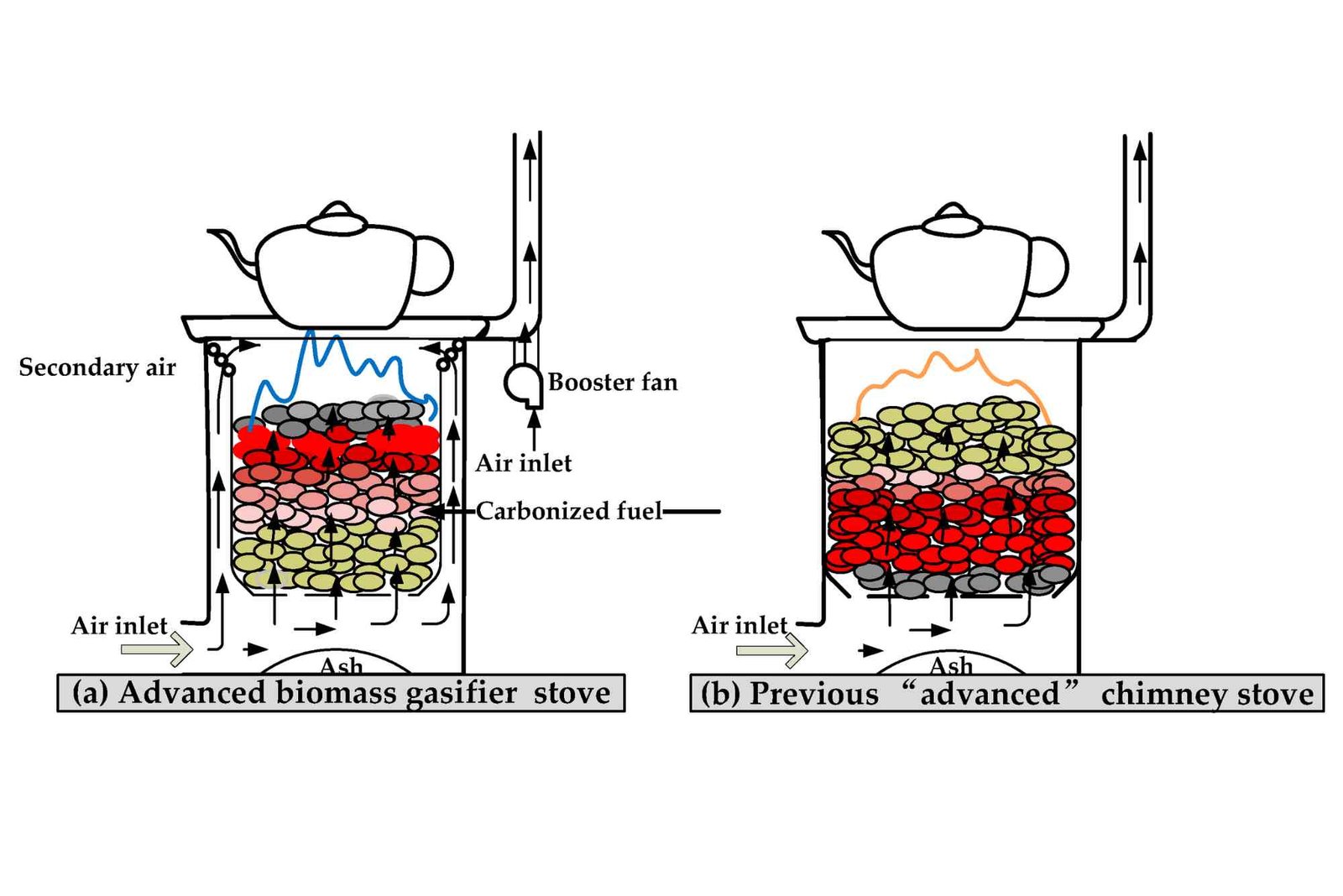Blog: Advanced Combustion Technology – A Deep Dive
Advanced combustion technology represents a transformative step in energy generation, promising enhanced efficiency, reduced emissions, and a sustainable future. By improving how fuels are burned, this technology addresses environmental challenges while maintaining industrial productivity.
What is Advanced Combustion Technology?
Advanced combustion technology refers to innovative methods that optimize the burning of fuels to generate energy more efficiently and with fewer pollutants.
Key Features:
- High fuel efficiency
- Lower greenhouse gas emissions
- Enhanced control over combustion processes
How Advanced Combustion Technology Work
Precision Combustion Control
Advanced sensors and automation systems monitor and regulate the fuel-to-air ratio for optimal combustion.
Reduced Excess Air
Minimizing excess air in the combustion process ensures maximum energy output and lower emissions.
Integrated Heat Recovery Systems
These systems capture unused heat from combustion and reuse it, increasing overall energy efficiency.
Applications of Advanced Combustion Technology
Industrial Applications
Industries like manufacturing, chemicals, and metal processing use this technology to achieve high thermal efficiency.
Power Generation
Advanced combustion turbines are integral to modern power plants, ensuring cleaner energy production.
Transportation
Vehicles, especially those using internal combustion engines, benefit from advanced technology to lower fuel consumption and emissions.
Benefits of Advanced Combustion Technology
- Environmental Impact Reduction: Decreases CO2 and NOx emissions.
- Cost Savings: Reduces fuel costs through better efficiency.
- Energy Security: Enhances the utilization of diverse fuel sources.
- Innovation Catalyst: Drives progress in renewable energy integration.
Challenges in Implementing Advanced Combustion Technology
- High Initial Costs: Advanced equipment and systems can be expensive.
- Technical Expertise: Requires skilled personnel for installation and operation.
- Compatibility Issues: Adapting old systems to new technology can be challenging.
The Future of Advanced Combustion Technology
Emerging innovations like oxy-fuel combustion, flameless combustion, and plasma-assisted combustion aim to further reduce emissions and improve efficiency. These advancements promise to make combustion a cornerstone of sustainable energy solutions.
FAQs About Advanced Combustion Technology
1. What is the main advantage of advanced combustion technology?
It enhances energy efficiency while significantly reducing harmful emissions.
2. Can advanced combustion technology be used in all industries?
Yes, it is adaptable to various industries, including power generation, transportation, and manufacturing.
3. Is it expensive to implement?
While the initial costs can be high, the long-term savings in fuel and environmental compliance outweigh the investment.
4. How does it contribute to sustainability?
By reducing fuel consumption and emissions, it helps mitigate climate change and promotes energy efficiency.
5. What fuels can be used with advanced combustion technology?
It works with a wide range of fuels, including natural gas, coal, biofuels, and hydrogen.




